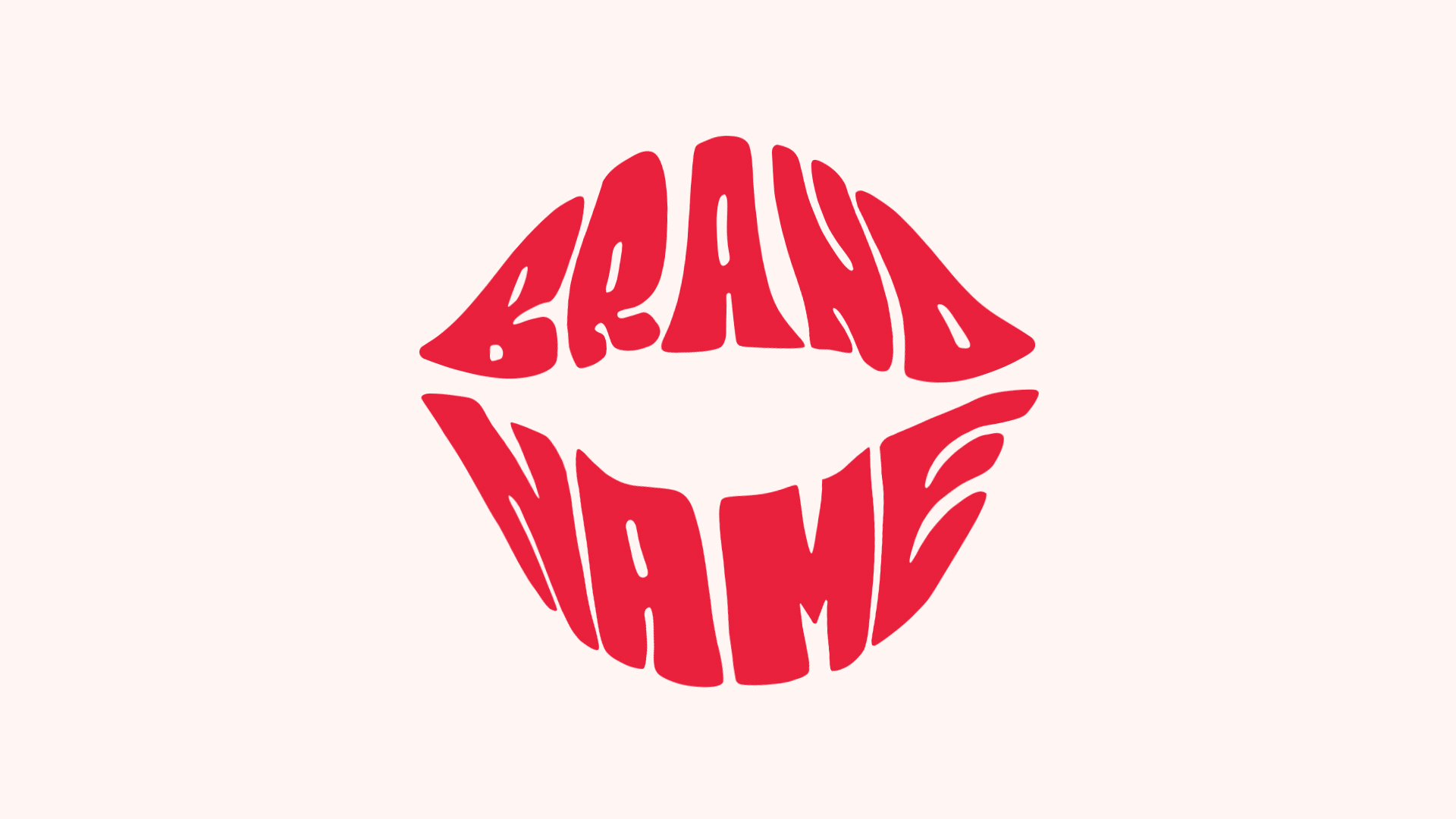You don’t need me to tell you the marketing game is changing rapidly. Even traditional advertising methods such as T.V., billboards, and radio have succumbed to the digital treatment.
And, as more and more innovative tech solutions enter the market, that proclivity for rapid change is showing no signs of slowing.
As a business owner or digital marketer looking to stay at the forefront, it’s vital you’re aware of the latest industry trends. Competition is getting fiercer, so you need to secure every advantage you can.
We’ve put together this article outlining the emerging trends that are going to reshape the digital marketing landscape in 2020.
With an awareness of what’s coming, you’ll be able to proactively future-proof your business and win an edge over the competition.
Let’s get to it.
#1 – Automation and AI will become King
It’s often said that if you work a job that can be automated, a computer is going to replace you.
And, as computers get smarter, they’re able to automate an increasing number of complex jobs.
Detailed, time-consuming, and often specialist digital marketing tasks are no exception.
This explains the rise of data-driven AI tools that are able to automate complex tasks like audience, budget, and bidding optimisation.
These AI algorithms should be seen as an additional bonus – and integrating them with good old-fashioned hard work can lead to even greater results.
With this change, you should expect the role of the digital marketer to change as AI becomes king. They’ll naturally shift their focus onto higher-level strategy work.
You’ll begin to see specialist roles such as social media manager, PPC manager, and SEO manager disappear.
In their place, we’ll see the rise of the generalist digital marketer. A person able to deftly link together multiple marketing channels and provide more effective, holistic marketing solutions.
#2 – The rise of the micro-win
Over the past decade, it’s been the businesses with the biggest budgets that have dominated online.
Not only were they able to afford the most ad space, but they also employed the top specialists.
As the specialist role diminishes, however, expect the playing field to level.
AI and automation – now provided as standard within ad platforms – will give businesses of all sizes and budgets access to optimisation that was previously reserved for those with fat wallets.
This will lead to the rise of the “micro-win”.
In the early days of the internet, many savvy startups catapulted themselves into stardom with creative growth hacks that substantially increased their visibility.
Usually at a low expense too.
Those days are over.
With AI levelling the playing field and the decline of growth hacks, we’ll all be relentlessly implementing small tweaks to gain an incremental edge over the competition.
A/B testing will become a non-negotiable.
You should also expect branding to become more important than it’s ever been. A solid digital marketing strategy alone will no longer cut it.
As the web gets crowded with more new businesses, standing out in a radical way is going to be paramount to success.
#3 – Snapchat & TikTok ads become the norm
So far, Facebook advertising has been king in the social media world.
That’s not going to change within the next decade either.
But, it’s important to note that the first group of Gen Z’ers are now entering the workplace.
They’ll finally have their own money to spend – and savvy businesses will want to find ways to get them to spend it.
But Gen Z’ers don’t browse the way Millenials, their parents, and the boomers do.
They’re abandoning Facebook in favour of Instagram, Snapchat, and the new boys on the block TikTok.
(FYI, we called that last year…)
Now, we’re not saying you should funnel all your money into Snapchat and TikTok just yet.
If you’re selling life insurance, given TikTok’s predominantly 16-to-24 year olds, it’s probably not a route worth exploring.
But, if that’s the demographic you’re targetting, you’ll have a much easier time getting noticed via Instagram, Snapchat, and TikTok than Facebook.
Over the coming decade, as Gen Z’s earning potential increases, we’ll see Facebook advertising slowly lose dominance as Snapchat, TikTok, and Instagram flourish.
Especially when you take the point below into consideration…
#4 – Social media becomes a research tool
In 2019, 54% of browsers used social media as a research tool.
This is a trend that’s set to increase into 2020 and beyond.
It makes sense.
Why leave the Instagram app to search Google for a product when you could just as easily head over to a businesses page and find out everything you need to know?
Now, this doesn’t signal the downfall of SEO and PPC.
With an increasing number of available products and the wealth of information available at our fingertips, we’re all much more likely to do our homework before making a purchase.
Not only will you need to ensure you’re visible on search. But you’ll also need to start optimising your social media accounts to suit the researcher.
That means plenty of useful, explanatory content that comprehensively answers any questions your potential new customers might have.
#5 – CX becomes everything
Stats show that companies who put customer experience at the top of their priority list are 3X as likely to exceed their primary business goals than those who don’t.
And there’s an obvious reason for this.
The big players in tech – think Amazon, Apple, Google – have revolutionised the customer experience.
Not only do they make the process of purchasing significantly easier, but they also (arguably) make our lives substantially easier in the process.
For that, we reward them with our cash. And that helps them consistently smash their targets.
And this dedication to customer experience improvement is raising our expectations.
While consumers thank Amazon for next day delivery, many businesses don’t.
And that’s because we now expect next day delivery as standard. With many of us looking elsewhere if products don’t arrive as quickly as we want them too.
Add to that the growing visibility of reviews online. For every bad experience one of your customers has, you risk earning a negative review. This could easily turn a potential customer off.
As 2020 unfolds, it’ll become increasingly difficult for brands that don’t put the needs of their user first to succeed.
Focus on making your customer experience as effortless and enjoyable as possible and you’ll be much more likely to survive in today’s competitive economic landscape.



